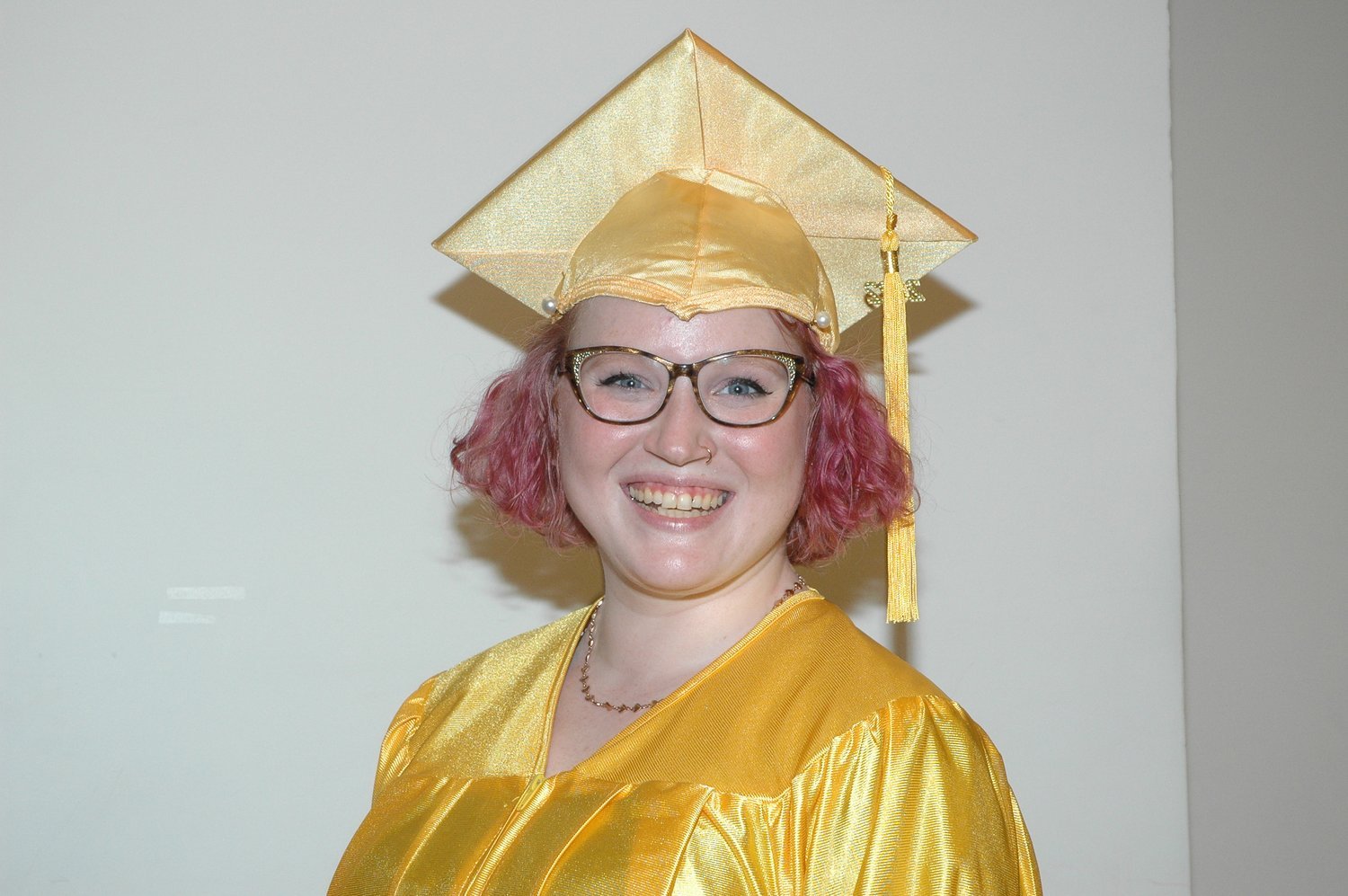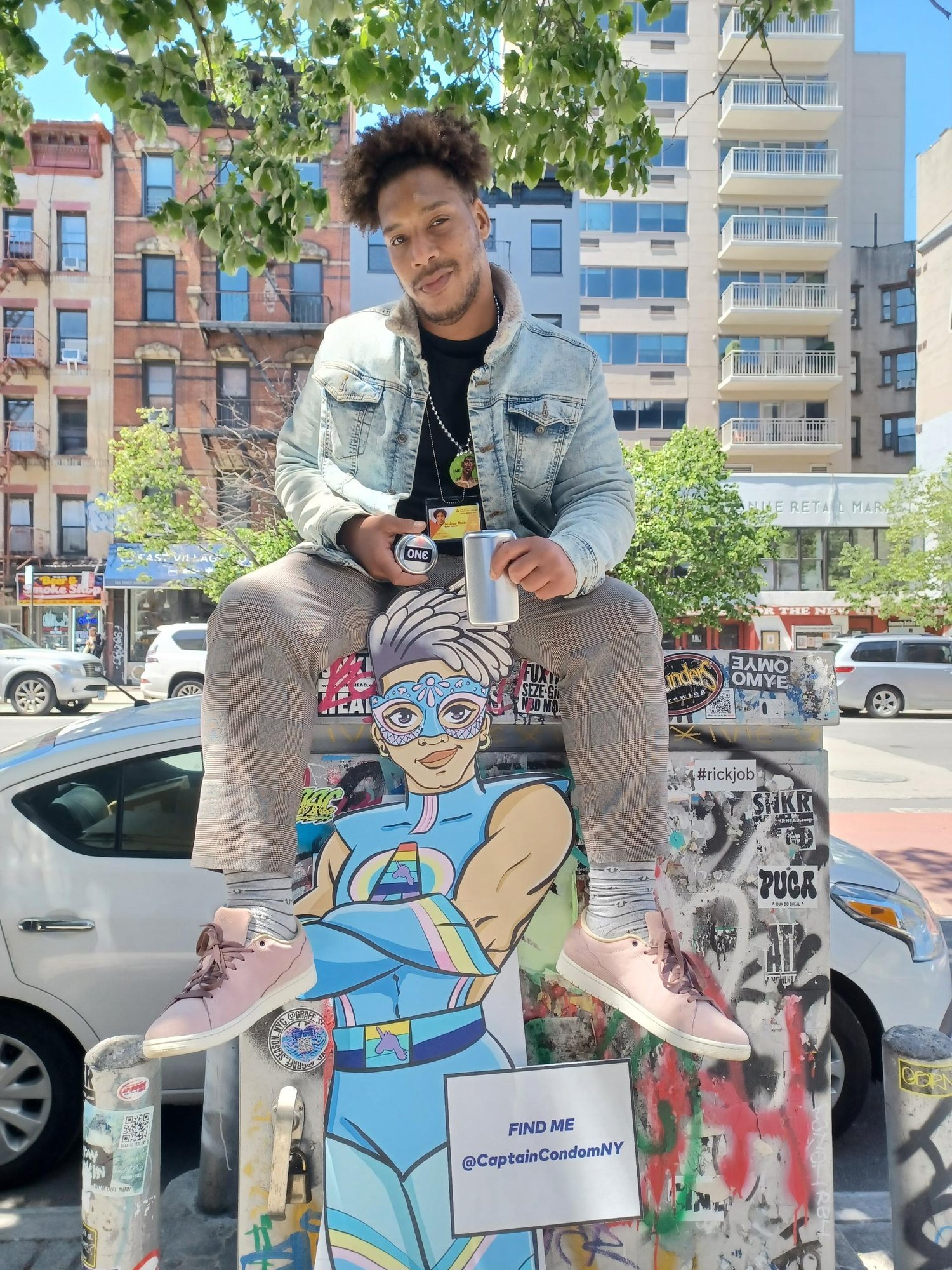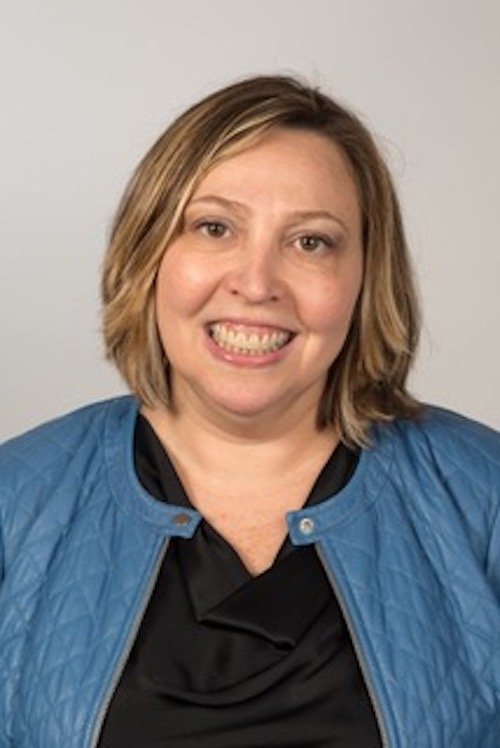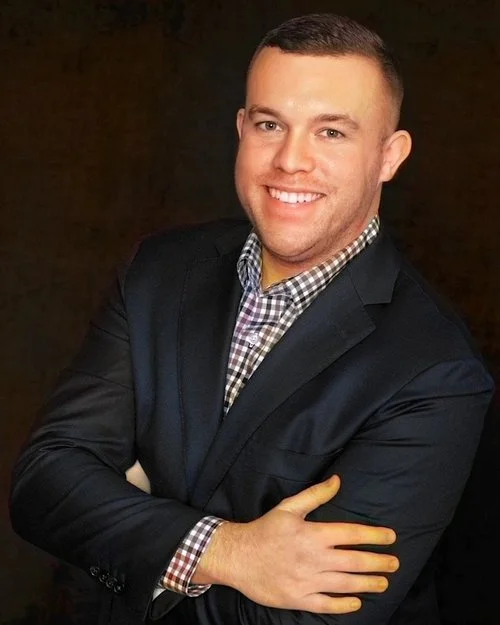1. Tell us a little about yourself, who you are, what you do, and what you brought you to Alliance
E: I grew up in Long Island. I’m the manager of the Criminal Justice (CJI) initiative and I've worked at Alliance for seven years.
Taryn: I was born and raised in the Lower East Side. I started on CJI and have been working on that and other criminal initiatives at Alliance off and on for the past 5 years.
2. Tell me about your program/service and what problem it solves
E: At CJI, we help HIV positive people get connected to care as they're released from prison back into one of a few boroughs in the city. We help them find housing, get connected to care, and other reorientation skills like using a smartphone. You might not realize it, but for people who've been incarcerated, things like this can be big hurdles.
Taryn: I work with E. on the CJI program and our District Attorney of New York (DANY) arrest diversion program that lets people avoid prison time for some drug offenses. I lead one-on-one harm reduction sessions, help people get trained to use Narcan, and set goals, big and small.
But it only works if there’s trust. Honesty is key to their success, and my ability to help them.
3. Do participants always trust you right away, or do some just not even want to know you?
E: A lot of participants don’t initially trust anyone, but they recognize me from going into prisons to meet people and leave flyers with my face on them—Arianne Watson and I would do that pre-pandemic. Then when we meet, I share my story. I was also incarcerated and utilized reorientation services. So, I let them know I also didn’t know the steps, but it worked out for me and if they let me, I’ll teach them the steps to keep themselves okay.
Taryn: Initially, sure. But I let people know where I come from, and I don’t shy away from the truth. I let them know straight-up: I can’t make you be ready, but I can walk you through it and if you want to make it work, support you with that. And I think a lot of the people I work with appreciate that I won’t B.S. them and they won’t B.S. me.
4. Tell me about a specific person in the program
E: We had a participant waiting to find permanent housing who went off the grid before he was assigned a residence. My colleague Taryn got a call from a local McDonalds where the participant was having a mental health crisis. We talked to him and found out he’d relapsed.
I told him “pencils come with erasers, we can fix that.” We got him enrolled in a rehab facility right away, so he wouldn’t be in trouble with his parole officer. Sometimes there isn’t a happy ending, but we’re there. The clients know we care, and they appreciate that— a lot of them have never had that before.
Taryn: A couple people come to mind, including the person E. mentioned. One person was diagnosed as schizophrenic and bipolar, and he had PTSD. He smoked K2 (synthetic marijuana) which he said made him stop hearing voices. He started opening up. And he wouldn’t talk to anyone but me. He went to our writing and art classes, and he wouldn’t even take the incentives offered. When he’d get arrested, he’d tell the police to call me.
5. How has your program changed during the pandemic?
E: During the pandemic, we never closed. People were still being released from prison and needed housing or support. So we'd meet them somewhere in NYC, I'd find whatever NYC housing office was open and let them know we were coming. I went with our participants to help them understand their documents and sign forms. The big loss is that we couldn’t do big monthly meet and greets in the agency. Before the pandemic, we’d bring in people from the CJI program to get some food and soda, and while they were in, they could access other agency services.
Taryn: CJI didn’t change at all. We connected clients to open HASA offices in Manhattan and the Bronx, and a YMCA in Queens. E. and I would go to HASA with our participants and bring survival backpacks with underwear, socks, t-shirts, phone, wallet, towel, lotion, and other basics and information on our services.
6. If you could do anything in addition to what you are doing now, what would it be?
E: DJing—I made music with a Serato set a few weeks ago. My stage name is “DJ Unique” and my first gig is actually coming up soon, at a Paint and Sip. I’d also probably be deep into podcasting. I’d like to create a safe, non-judgmental space where people can really talk. Lastly, I’d like to be by the water—because I grew up in the Hamptons, water makes me feel calm.
Taryn: I’d love to be a high school/middle school basketball coach. I was a point guard. I’d love to be at a K-12 school so I could really see them grow, and see their journeys. I’d still be doing Narcan trainings and violence-prevention interventions, which I do in my community on my own time. Mrs. Brenda has always appreciated and encouraged us to bring these types of interventions into our own communities.
7. Is there another question that I have not asked you that I should?
E: Yes, what’s my philosophy? It’s “do unto others as you’d have them do to you.”
Taryn: Who is Taryn? A swimmer. I love to swim. I play basketball on Sundays with a lot of guys from my neighborhood. I’m a father. My youngest daughter is like my best friend. She loves to go go-karting, we electric scooter around our complex.














